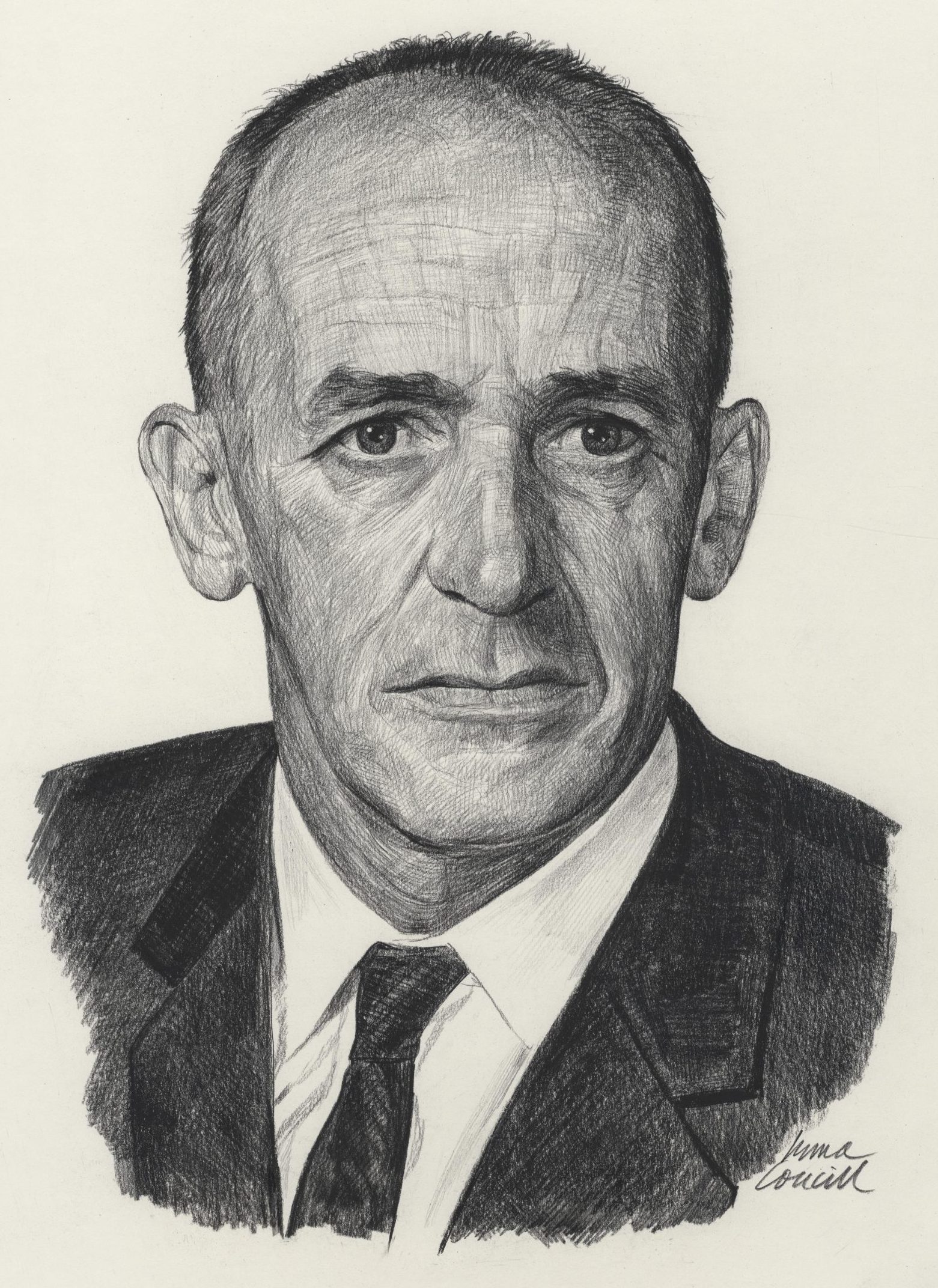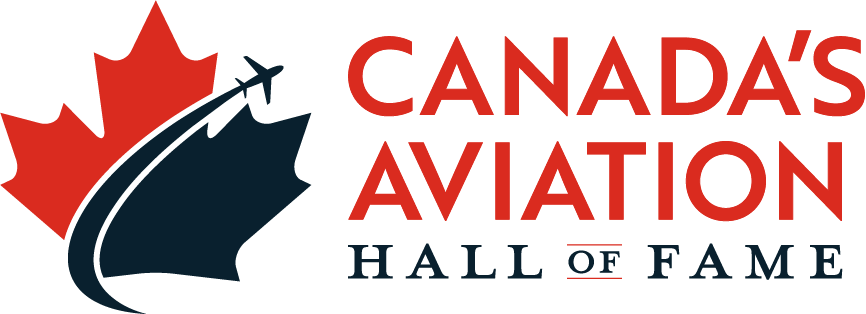Roland Burgess West

Birth Date: January 25, 1919
Birthplace: Medford, Nova Scotia
Death Date: July 2, 2001
Year Inducted: 1974
Awards: DFC; AFC; CD*; The McKee Trophy
The unselfish dedication of his outstanding aeronautical skills to the perfecting of new techniques for search and rescue operations, has been of outstanding benefit to Canadian aviation.
Training on the East Coast
Roland Burgess West, D.F.C., A.F.C., C.D.*, was born in Medford, Nova Scotia, on January 25, 1919. He was educated there and at Kentville, Nova Scotia, before taking employment as a boat pilot on the Bay of Fundy. In 1941 he enlisted in the Royal Canadian Air Force (RCAF), trained in eastern Canada and was awarded his pilot's wings the following year. After operational training at Nassau, British West Indies, he was promoted to Flying Officer and posted to No. 116 Squadron, operating out of the Maritimes, Newfoundland and Labrador. For his service on anti-submarine patrols over the North Atlantic Ocean, he was awarded the Distinguished Flying Cross (D.F.C.) in 1945.
Search and Rescue Mission
West attended the Staff Course at Toronto, Ontario in 1946, and was transferred to No. 103 Search and Rescue Squadron at Greenwood, Nova Scotia. As a captain, during the next two years he flew approximately 2,000 hours on search and rescue operations for missing aircraft, ships at sea, and transporting critically ill patients to hospital.
Consecutive Mercy Flights
In 1947 West was awarded the Air Force Cross (A.F.C.) for two consecutive mercy flights which resulted in the saving of human life. The first was made from Halifax, Nova Scotia, to Harrington Harbour, on the north shore of the St. Lawrence River, through difficult winter flying conditions, to evacuate a 15-year-old pneumonia patient to hospital at Goose Bay, Labrador. On the heels of this successful mission, he was ordered to Mutton Bay, Labrador, through equally difficult weather, to fly out a seriously ill expectant mother. This flight was accomplished despite damage to the flying boat by rough seas. Prior to these rescue missions, he had completed a number of other rescue missions in different coastal areas.
Helping with Floods
The Trans-Canada (McKee) Trophy for 1948 was awarded to West in recognition of his outstanding contribution to advancement in the field of aviation search and rescue operations during the year. During the Fraser River floods in British Columbia in 1948, West flew many hours carrying sandbags and other essential materials. Sandbags were dropped from the air to ground crews who formed dikes to hold back the flooding waters. The flying done during this mission was under the leadership of Group Captain Z.L. Leigh.
In June 1948 Roland West was chosen to perform the first large-scale Rain-Making Operation in Canada, which successfully produced large quantities of rain north of Sault Ste. Marie, Ontario, where forest fires burned out of control. He used a Lancaster aircraft with heavy loads of dry ice to ‘seed’ the tops of clouds at a high altitude.
Promotion to Base Commander
A promotion to Flight Lieutenant and appointment as recruiting officer at Brandon, Manitoba, in 1949 was followed by a tour of duty at Centralia, Ontario. In 1952 West was ordered to Summerside, Prince Edward Island, to eventually command the flying activities of the Air Navigation School, where he was promoted to Squadron Leader. A three-year posting to Goose Bay in 1953 was followed by a twelve-month jet pilot's course in 1956, at Portage La Prairie, Manitoba, and Cold Lake, Alberta. He was transferred to No. 416 Squadron at St. Hubert, Quebec, the following year, and was named Base Commander in 1959.
The Canadian Research and Development Establishment
The Canadian Research and Development Establishment (CARDE) hired West in 1960 to work on infra-red research at Cartierville, Quebec. Here he flew Beech C-45's, de Havilland Otters, and Avro CF-100's. With this background he was sent to Patrick Air Force Base, Cape Canaveral, Florida, U.S.A., where he commanded the Canadian Task Force, known as Operation Lookout. This was a joint RCAF-CARDE operation on missile lift off and re-entry. He remained there for three years, flying CF-100's for research data.
Air Material Command
In 1964 West returned to Rockcliffe, Ontario, and was named a senior officer of the Air Material Command. His responsibility was for all aircraft ferry operations throughout the RCAF, all aspects of flight safety and accident assessments, plus nuclear defence and emergency plans for all members of the unit. He retired from the service in 1966 to manage a branch of Merriam Graves Corporation in the state of Vermont. He died in Brockville, Ontario on July 2, 2001.
Roland Burgess West was inducted as a Member of Canada's Aviation Hall of Fame in 1974 at a ceremony held at Edmonton, Alberta.
To return to the Inductee Page, please click here.
